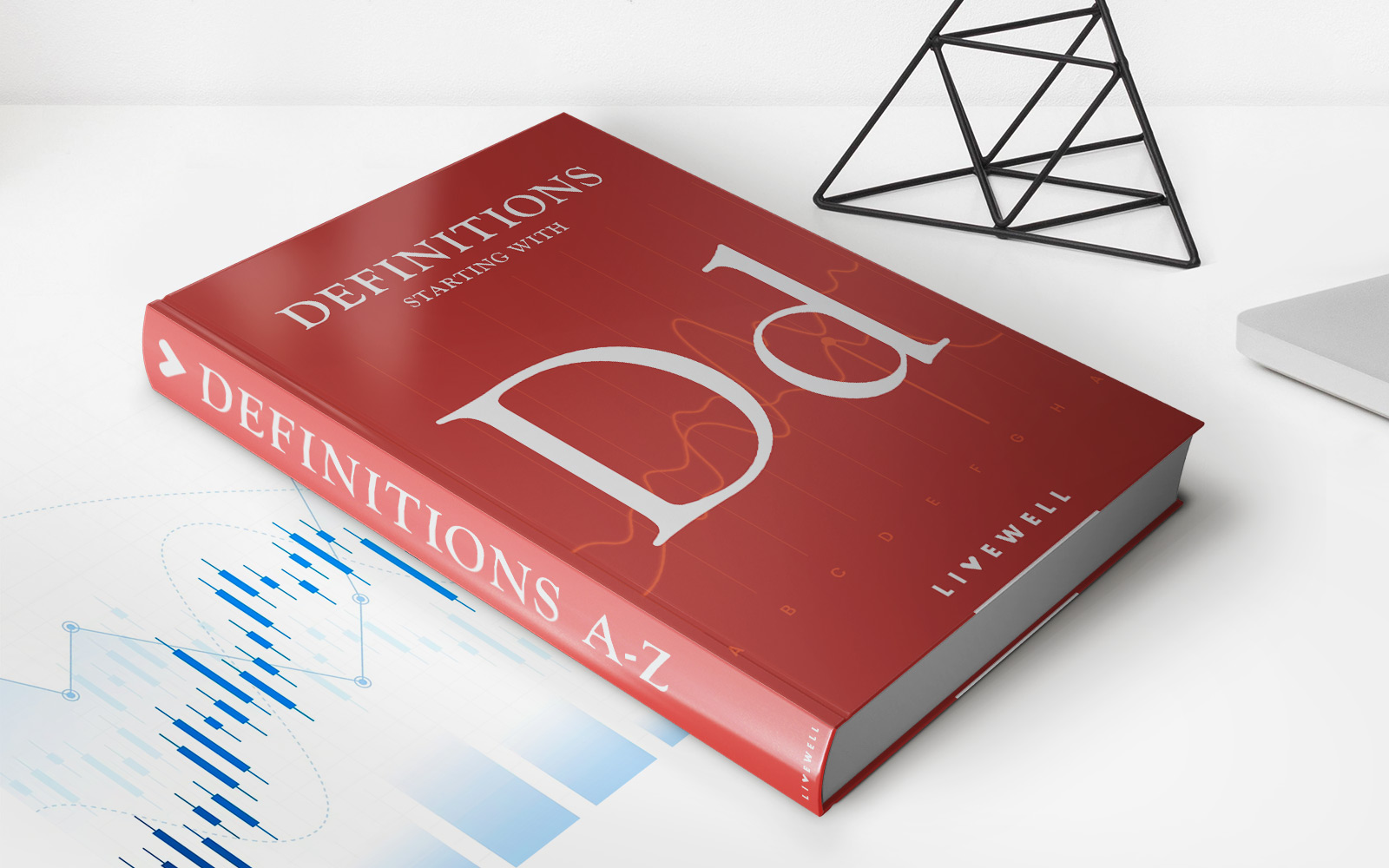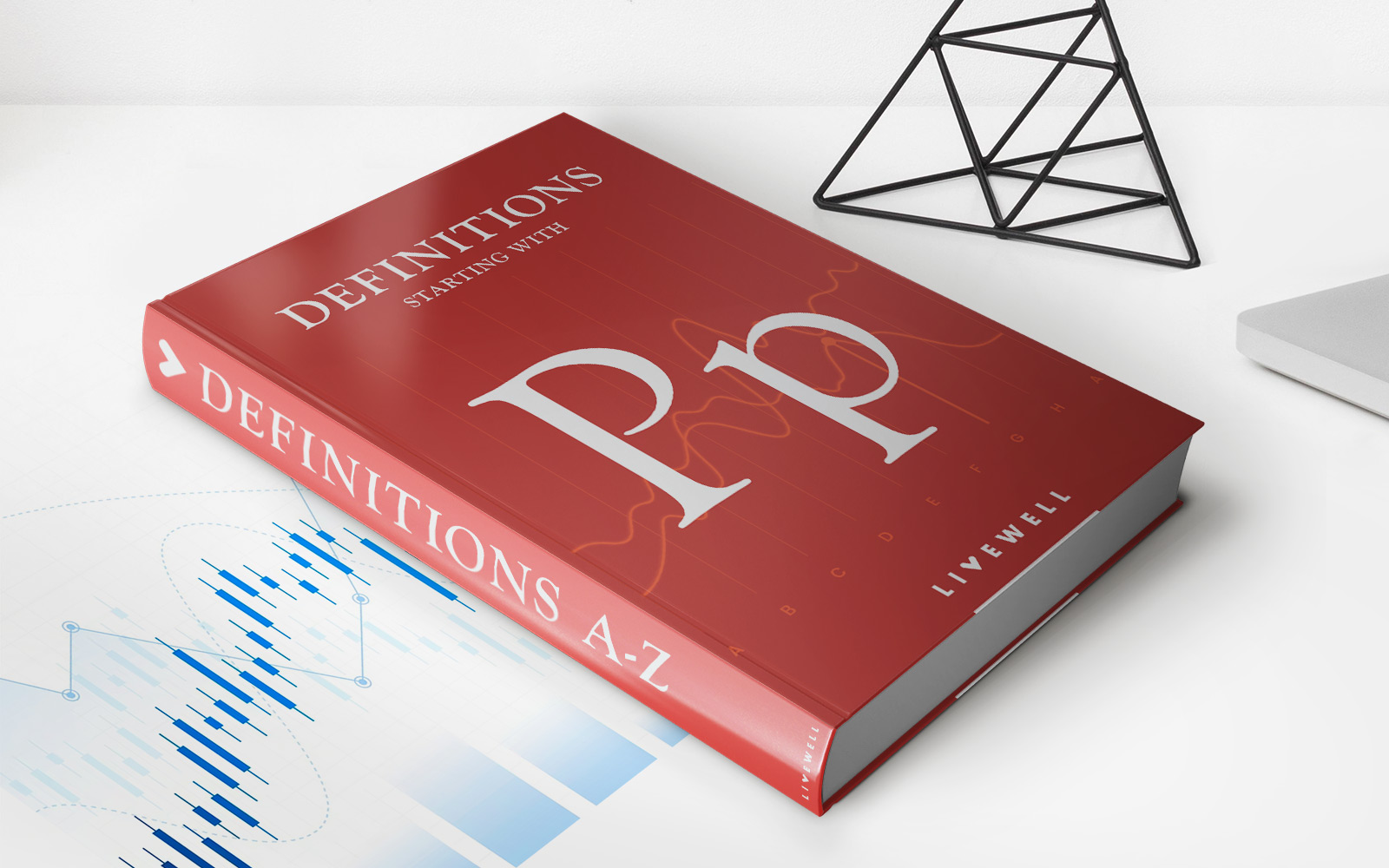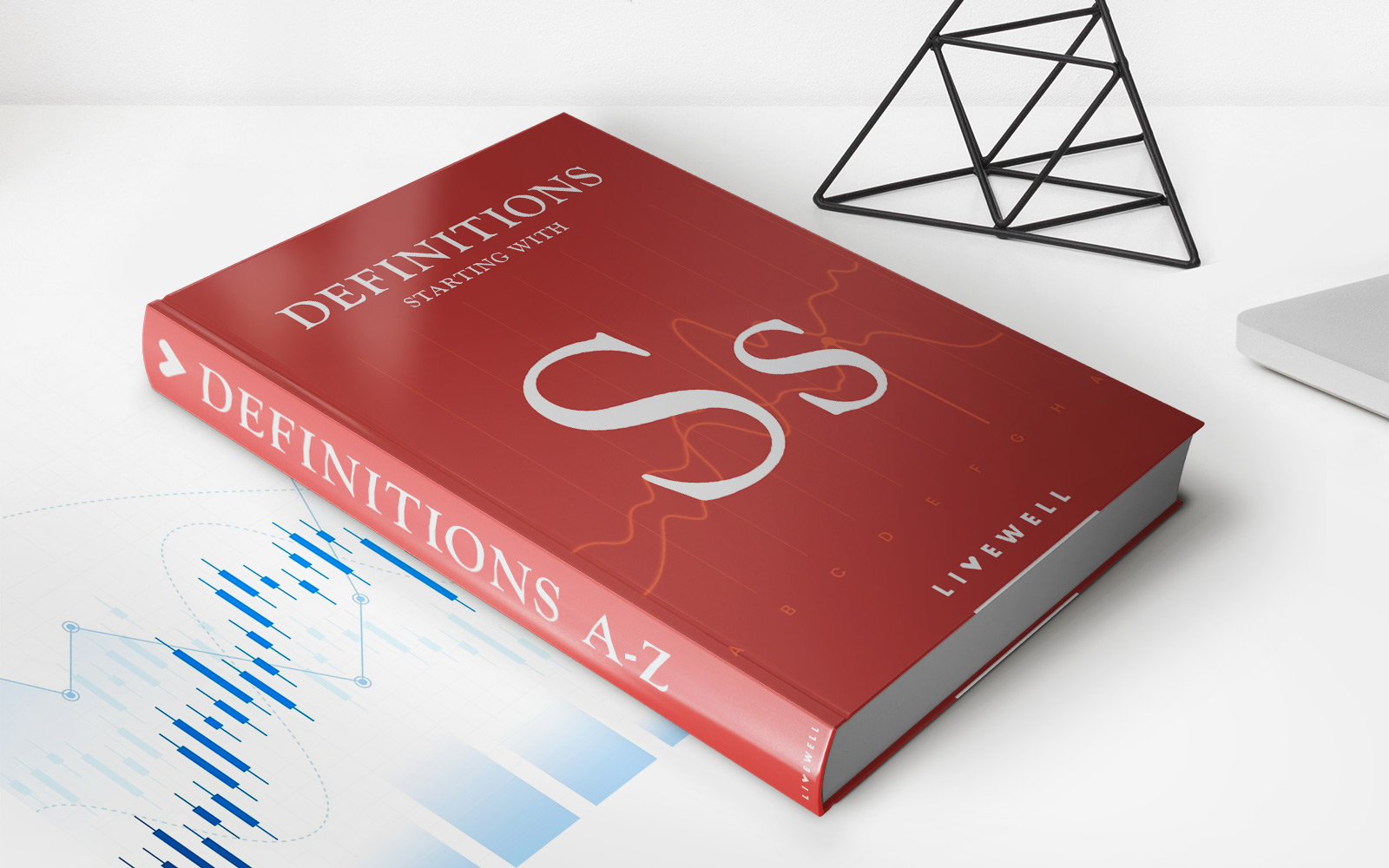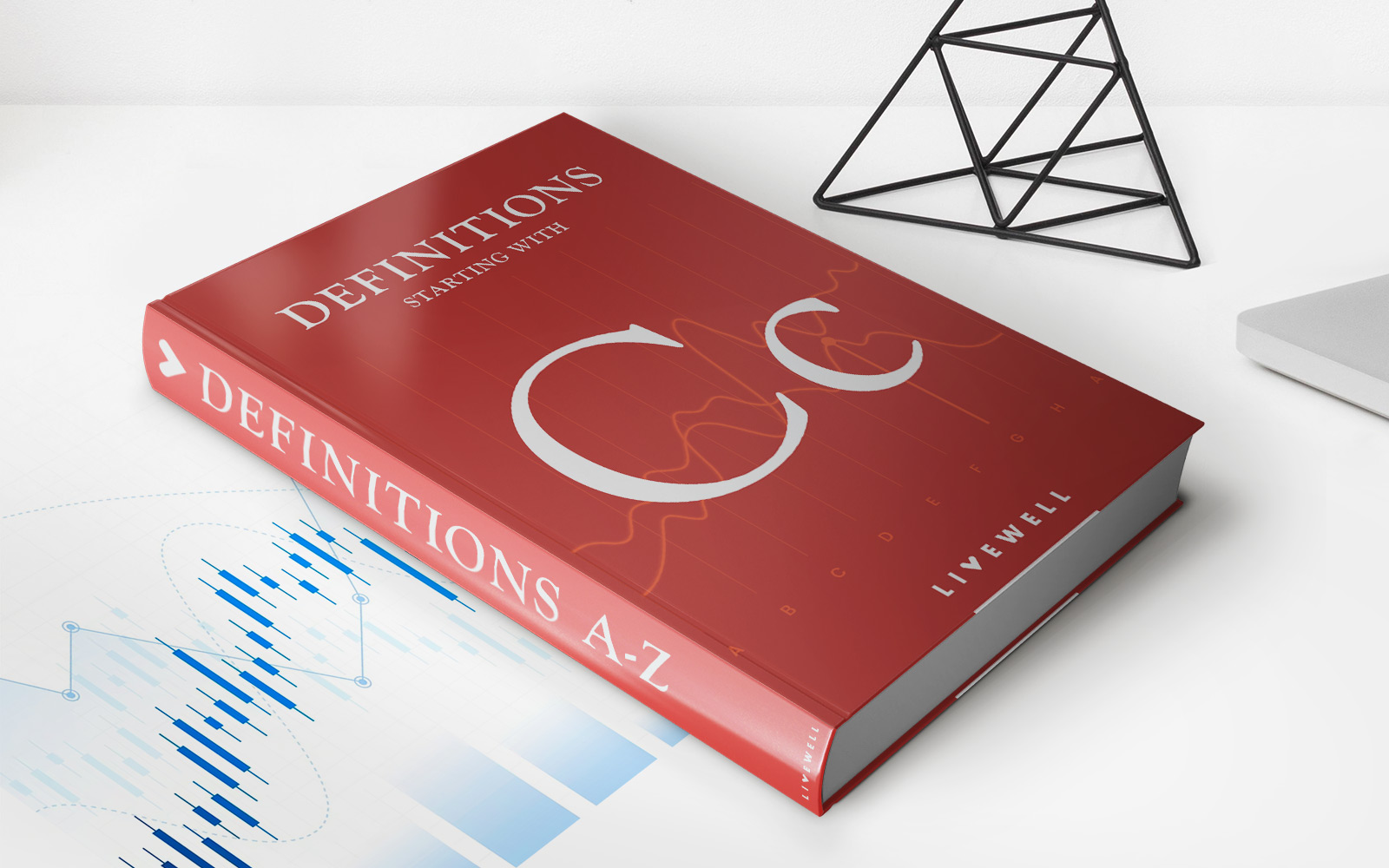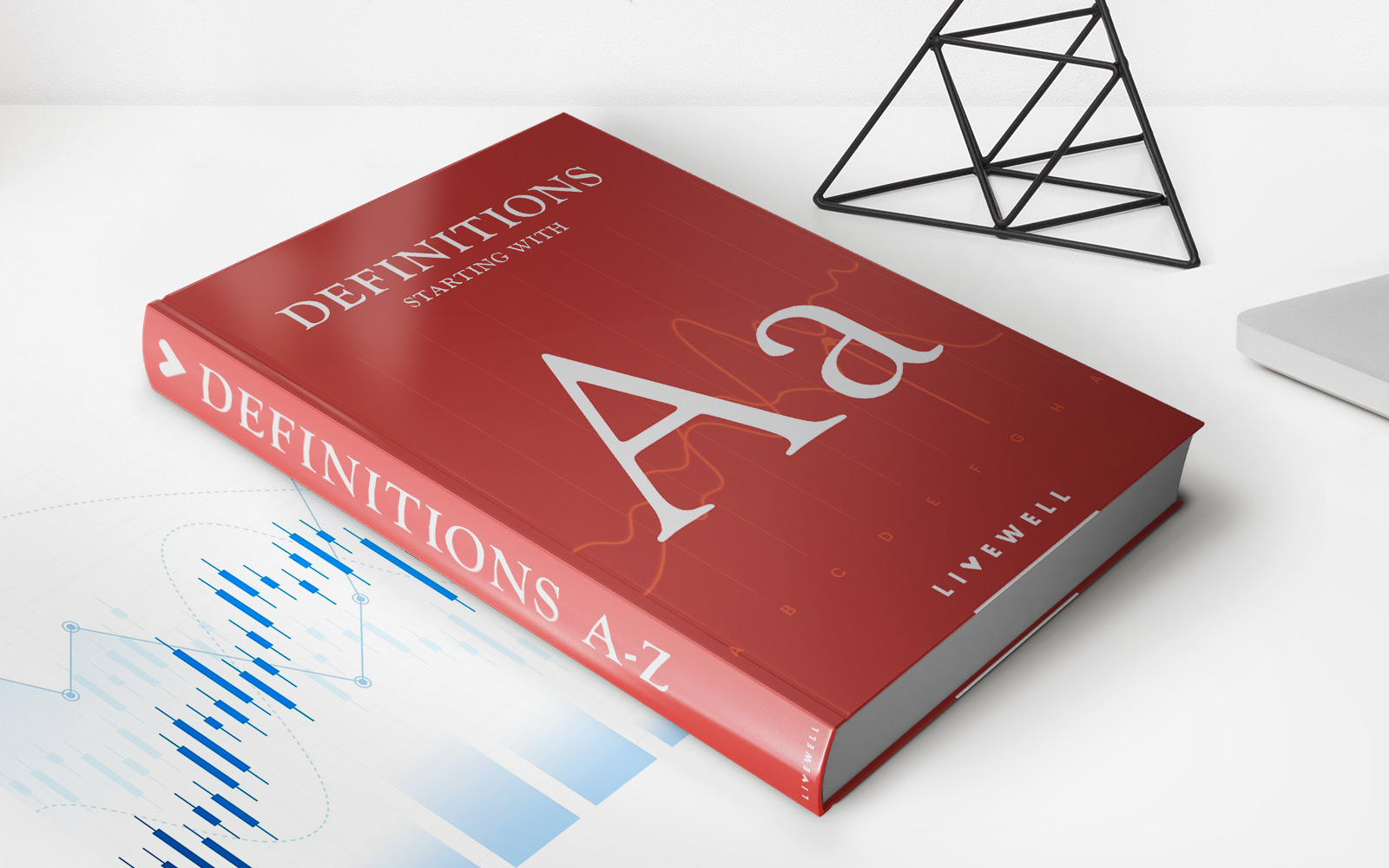Home>Finance>Reputational Risk: Definition, Dangers, Causes, And Example
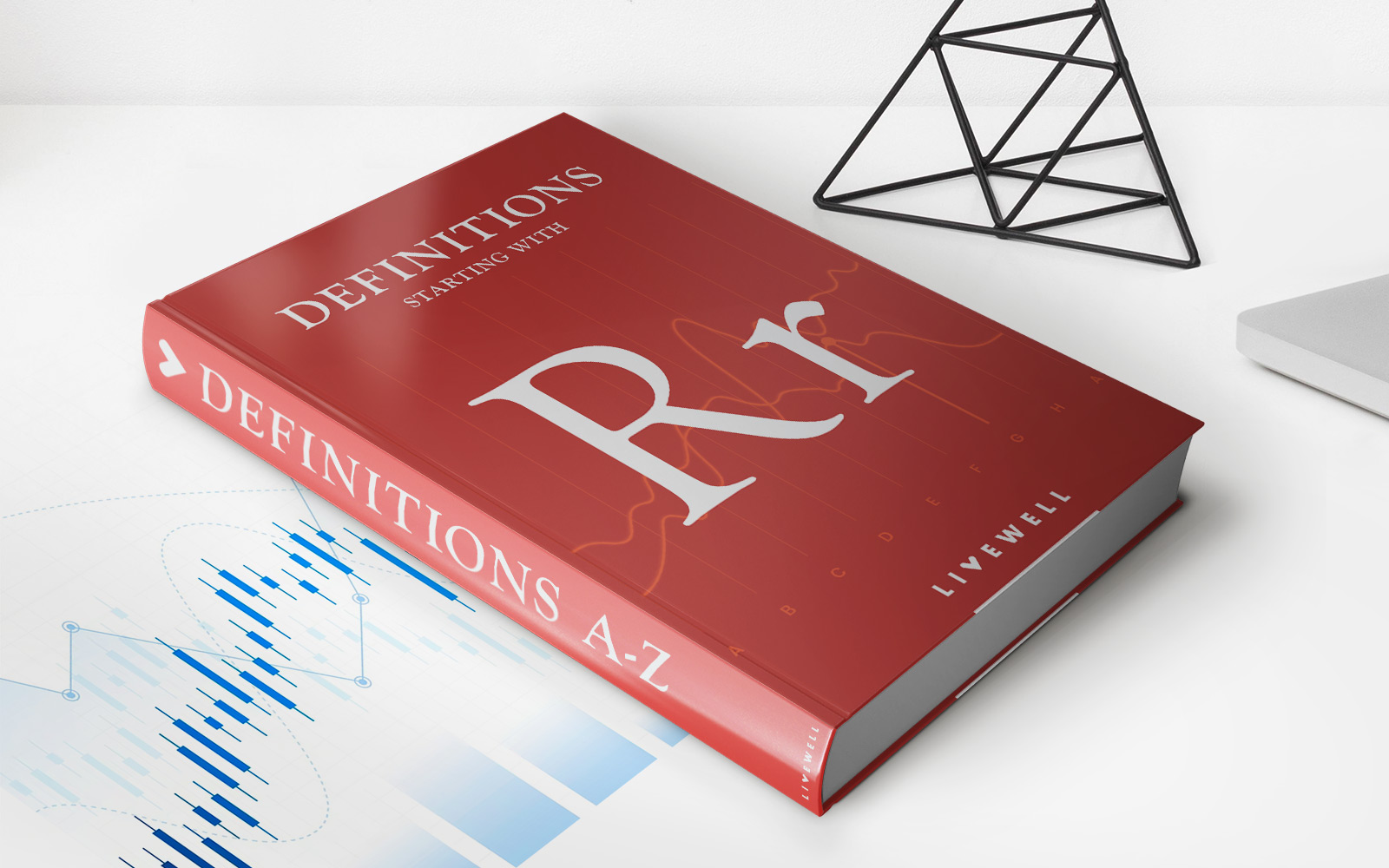

Finance
Reputational Risk: Definition, Dangers, Causes, And Example
Published: January 19, 2024
Learn about the definition, dangers, causes, and real-life examples of reputational risk in finance. Protect your business from potential harm
(Many of the links in this article redirect to a specific reviewed product. Your purchase of these products through affiliate links helps to generate commission for LiveWell, at no extra cost. Learn more)
Reputational Risk: Definition, Dangers, Causes, and Example
Welcome to the Finance category of our blog! In this post, we will explore the concept of reputational risk and its implications for businesses. Reputational risk can have serious consequences for organizations, leading to financial losses, decreased customer trust, and damaged brand image. So, what exactly is reputational risk, and how can businesses effectively manage it? Let’s dive in!
Key Takeaways:
- Reputational risk refers to the potential harm to a company’s reputation that can result from negative publicity, customer perception, or stakeholder dissatisfaction.
- Proper management of reputational risk involves proactive measures to build a strong brand image, open and transparent communication, and effective crisis management strategies.
What is Reputational Risk?
Reputational risk is the danger that a company’s reputation, which is an essential intangible asset, may be damaged by external events, negative publicity, customer dissatisfaction, or any other factors that impact how the public perceives the organization. It is crucial for businesses to understand that their reputation is a valuable and fragile asset, capable of impacting their bottom line and long-term sustainability.
Causes of Reputational Risk:
- Poor product quality or safety issues
- Unethical behavior or corporate scandals
- Failure to meet customer expectations
- Legal or regulatory non-compliance
- Data breaches or cyber-attacks
Dangers of Reputational Risk:
The consequences of reputational risk can be severe and long-lasting. Here are some of the potential dangers that organizations face:
- Financial Losses: A damaged reputation can directly impact revenue, as customers may choose to take their business elsewhere. In extreme cases, companies may even face bankruptcy.
- Decreased Customer Trust: Reputational damage erodes the trust and confidence that customers have in a company’s products or services, making it difficult to retain existing customers and attract new ones.
- Negative Brand Image: A tarnished reputation can significantly impact a company’s brand value and market position, making it harder to differentiate from competitors and negatively affecting overall business performance.
- Shareholder Discontent: Shareholders may lose confidence in a company’s management, leading to decreased stock prices and potential legal action.
It’s crucial for businesses to act quickly and effectively when faced with a reputational risk event. Companies that prioritize proactive reputation management and develop robust crisis communication strategies can mitigate potential damage and protect their brand value.
An Example of Reputational Risk: Volkswagen’s Emissions Scandal
An excellent example of reputational risk is the scandal that engulfed automotive giant Volkswagen in 2015. It was revealed that the company had intentionally manipulated emissions tests, resulting in significantly higher levels of pollution than reported. This revelation not only led to fines, lawsuits, and decreased sales for Volkswagen, but it also severely damaged the company’s reputation, which had been built on trust, reliability, and environmental consciousness.
The scandal shattered Volkswagen’s image, resulting in a loss of consumer trust and a decline in sales. It took considerable effort and time for the company to regain consumer confidence and rebuild its reputation, emphasizing the long-lasting impact that reputational risk can have on an organization’s bottom line.
Conclusion
Reputational risk is a significant concern for organizations across industries. It is vital to understand the potential causes and dangers of reputational risk, as well as the importance of proactive management and crisis response strategies. By prioritizing reputation management and transparency, businesses can maintain and protect their most valuable asset – their reputation.
We hope this blog post has provided valuable insights into reputational risk and its implications. Stay tuned for more informative articles on finance and other topics in our blog!
